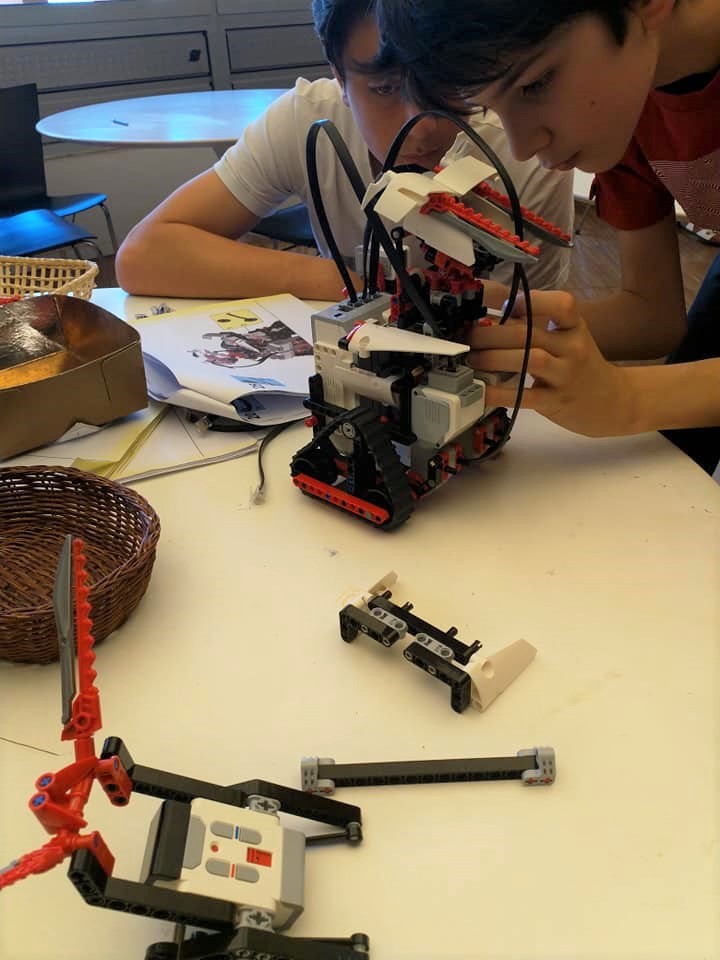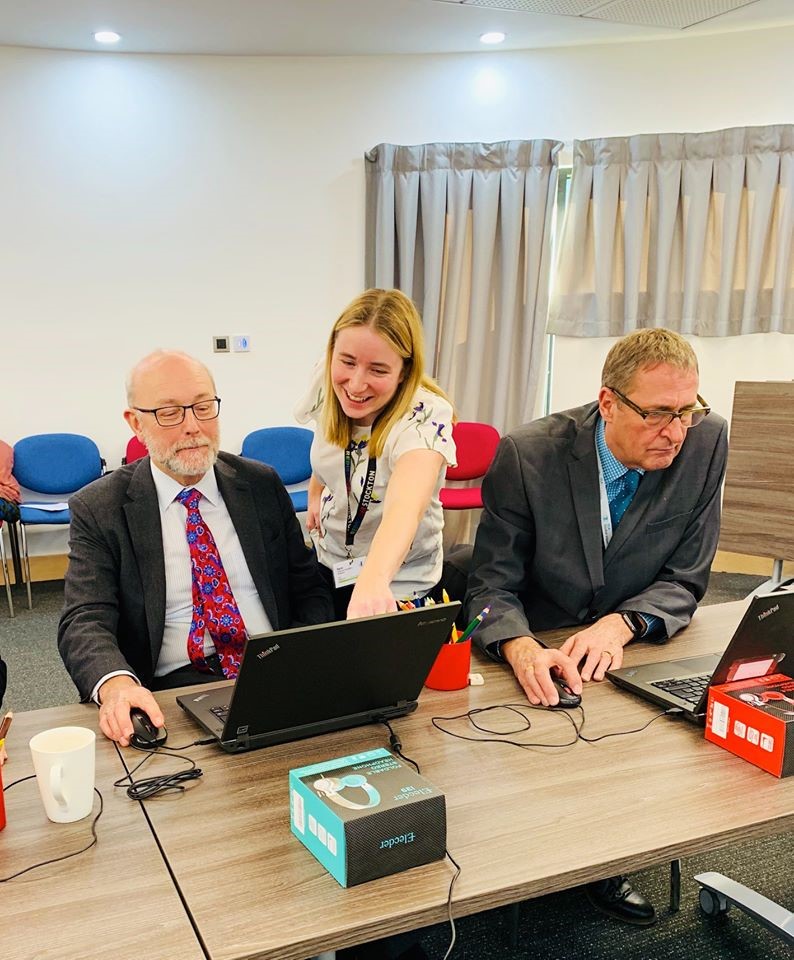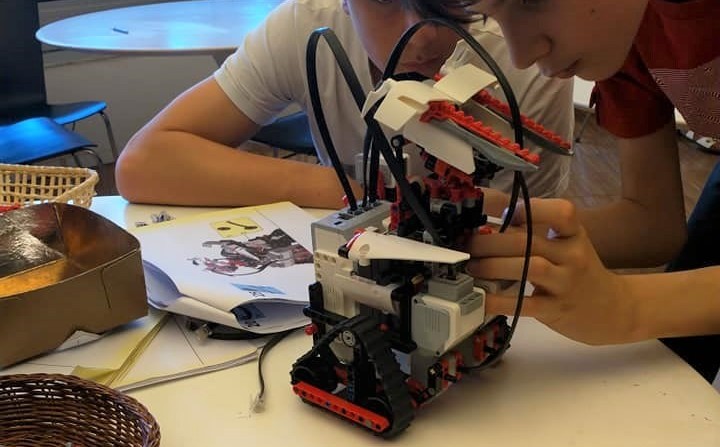Getting digital at the library
Author: Tiana Zignani (PL2030)
There are 65 000 public libraries across Europe and every year, 100 million people in the EU visit one of these. Over the years, public libraries across Europe have adapted their offer to the needs of a digital age making these one of the first port of call for skills development outside of formal education, from today’s basic skills to tomorrow’s basic skills of coding and robotics. Additionally, every year, 4.6 million Europeans access the internet for the first time at their public library and 2.3 million people attend a digital literacy course. Libraries are not just a place for books. They are a place for people, for learning, for improving and for widening your world.
Take the digital camps led by YouLab Pistoia in Italy for example. These one-day camps offer children aged 6 to 14 the opportunity to interact and get comfortable with new technology while making new friends at the library. These camps also provide the opportunity for children to collaborate and support each other while doing digital activities. For many, this is a great way to overcome their fear of new technology in a fun and interactive way.

Another great example of digital skills in libraries is Stockton-On-Tees, one of the Stockton Borough Libraries. They developed and delivered sessions covering topics such as digital skills, online safety, and computer science subjects such as coding. Over 200 people attended their sessions with many not being library users. Needless to say, many were pleasantly surprised that their library could offer so much to them and their families. With the success of these initial sessions, the staff at Stockton-On-Tees decided to run a series of coding sessions to commemorate 100 years of women’s suffrage in the UK and address gender inequality in STEM education.

Through activities like this, libraries bring digital making and digital skills to their communities in a non-formal, attainable, and relatable way. In doing so, libraries lower the barrier to entry to acquiring new digital skills and create an encouraging learning environment for different groups. Additionally, library professionals find these initiatives to be a good challenge to step outside of their comfort zone and deliver new, fresh ideas and make a positive, long-lasting impact in their community.
Informal and non-formal approaches to digital skill development like the ones we see in libraries are needed across Europe. In the future 9 out of 10 jobs will require digital skills – but today only 58% of EU citizens have at least basic digital skills and a large part of Europeans still lack basic digital skills according to the 2019 Digital Economy and Society Index. This digital skills gap was made more apparent than ever during the recently faced lockdown and needs to be addressed urgently. What better way to start tackling this than at the library with some social hackathons?





No Comments